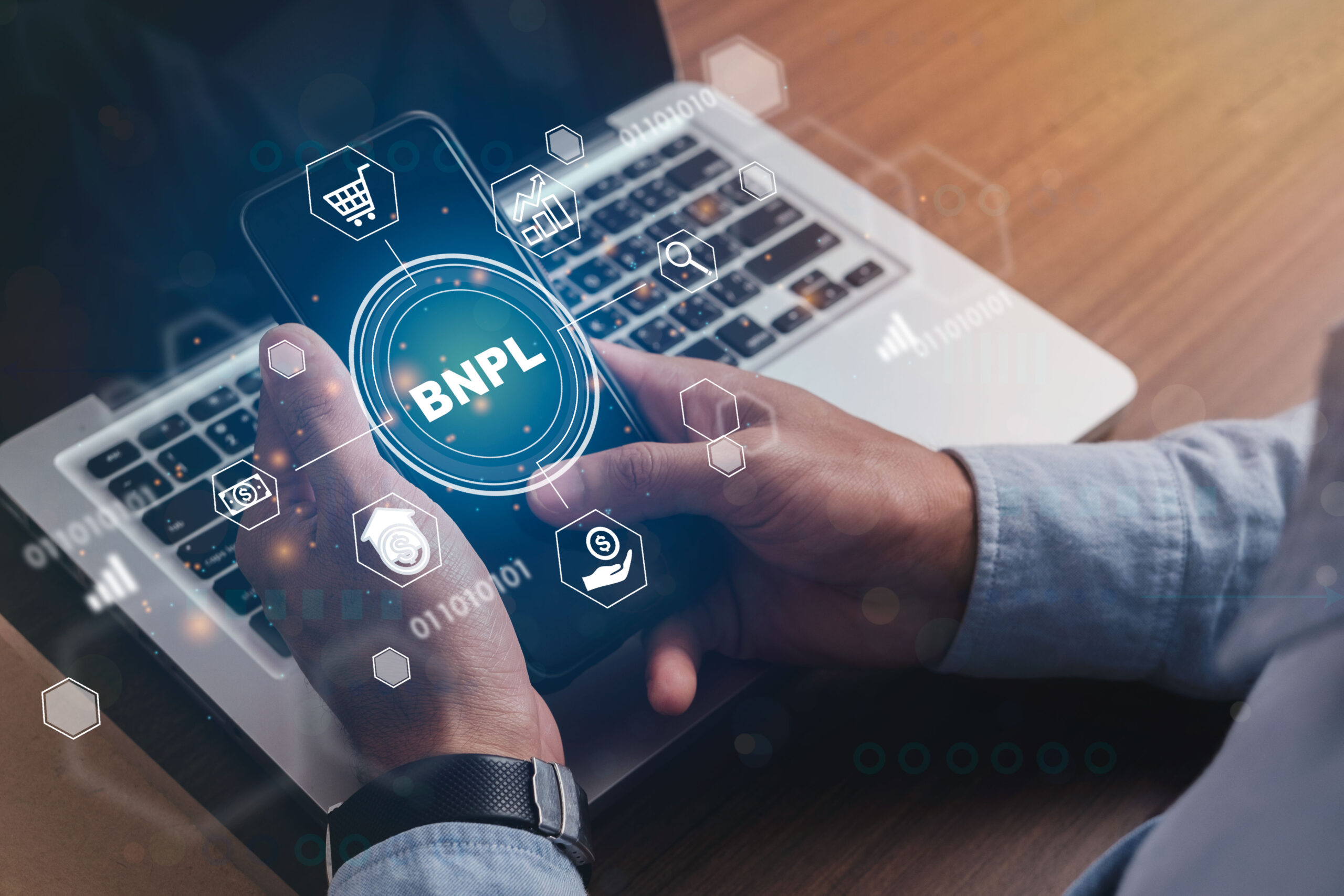The trillion-dollar credit card industry is under attack, and this disruptive fintech is among those leading the charge.
U.S. shoppers just got through Black Friday and Cyber Monday, two of the year’s biggest shopping days. According to data from Adobe, consumers used Buy Now, Pay Later payment methods to fund nearly a billion dollars of purchases on Cyber Monday alone. Estimates peg Buy Now, Pay Later’s share of total spending across the two days at 7.7%, up from 7.5% last year and 6.8% in 2022.
Affirm (AFRM 5.17%) is emerging as a big winner in the Buy Now, Pay Later (BNPL) growth trend. The company has partnered with leading consumer-facing companies, such as Amazon and Apple, to grow its user base as consumers increasingly consider deferred payment choices.
Could Affirm be the next big thing in fintech? I’ve analyzed the business to determine how likely Affirm will become a millionaire-making stock. Here is what you need to know.
Tremendous growth potential from market expansion alone
Consumer debt is a pillar of the U.S. economy. Today, household credit card debt is at $1.16 trillion, an all-time high. Credit cards have been around for decades and can bury people in high-interest debt if their spending gets away from them. Buy Now, Pay Later wants to disrupt the credit card industry. It involves originating installment loans on a per-transaction basis. Affirm takes it a step further, championing its transparency as it doesn’t even charge late fees to borrowers.
The growth opportunity for Buy Now, Pay Later is massive. Grand View Research, a consulting firm, estimates the BNPL market will grow 24% annually through 2030. Affirm is working to expand in three key areas to grow its business: users, merchants, and engagement (transactions per user).
In Q1 of Affirm’s fiscal year 2025, the company posted solid growth in all three categories:
Image Source: Affirm Holdings
Importantly, Affirm’s gross merchandise volume seems to be growing faster than the Buy Now, Pay Later industry, which signals that the company is executing well. Affirm’s growth versus the field is critical to watch because Buy Now, Pay Later is already becoming highly competitive with fellow disruptors like Klarna and Afterpay (Block) and incumbents like PayPal.
I think there’s room for more than one winner. There are hundreds of millions of adult consumers worldwide (Affirm recently launched in the U.K.). Meanwhile, e-commerce is still a fraction of total retail spending, and Buy Now, Pay Later is an even smaller fraction of e-commerce!
In other words, the opportunity is big enough that, if all goes well, Affirm could become a massive company over the coming years and beyond.
Affirm’s CEO could be a competitive edge over others
Singling out young companies as potential life-changing investments requires a lot of foresight and faith in the people leading these businesses. This is an overlooked point when considering investing in Affirm, which its founder, CEO Max Levchin, still leads today. Max Levchin has deep fintech roots; he was a co-founder of PayPal, arguably the leading fintech innovator of the early 2000s.
Affirm’s strong leadership also manifests in two significant areas within the company that I think will be crucial to its long-term success.
First is the company’s effective underwriting. Affirm has maintained disciplined default rates on its loans despite not even charging late fees to borrowers. Not every company can evaluate credit effectively. Apple tried to launch a Buy Now, Pay Later service but scrapped it a year later and partnered with Affirm instead.
Second is Affirm’s product innovation. Buy Now, Pay Later is primarily used online, but Affirm has gotten a head start in going after offline spending with the Affirm Card. This physical dual-purpose payment card allows users to split transactions between debit and Buy Now, Pay Later installment loans of their choosing. Affirm Card has accumulated roughly 1.5 million users in just over a year since its launch.
Here is the verdict
Affirm is already a large company with a $22 billion market cap and isn’t profitable yet. However, the financials are improving, and management expects that to continue as the company grows.
Can Affirm be a millionaire-maker stock?
The payments and retail industries are large enough that a successful Affirm can eventually grow to the size of a significant fintech company. Still, even PayPal is worth under $100 billion today, so investors could wait a long time for Affirm to turn any modest investment into millions.
That’s OK, though. Affirm has the ingredients for market-beating growth and investment returns over the next five to 10 years, making it an attractive addition to any diversified portfolio.
John Mackey, former CEO of Whole Foods Market, an Amazon subsidiary, is a member of The Motley Fool’s board of directors. Justin Pope has positions in Affirm. The Motley Fool has positions in and recommends Adobe, Amazon, Apple, Block, and PayPal. The Motley Fool recommends the following options: long January 2027 $42.50 calls on PayPal and short December 2024 $70 calls on PayPal. The Motley Fool has a disclosure policy.

